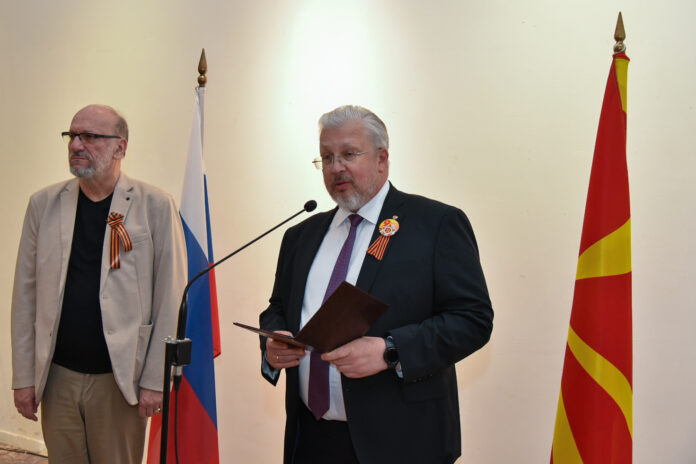The Ministry of Economic Development has developed new criteria for assessing the level of support for NGOs
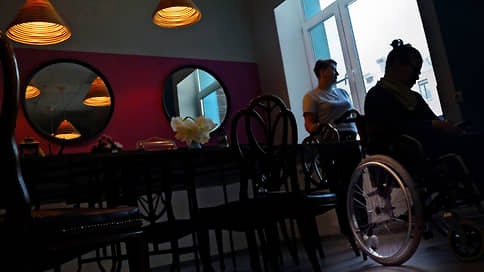
The Ministry of Economic Development intends to update the list of criteria by which it evaluates the level of support for non -profit organizations (NPOs) and social entrepreneurs in the regions of Russia. The department has developed more than 20 new indicators that reflect the degree of access to NPOs to budget financing: the higher it is, the higher the region will be. Experts from NPOs call this approach “systemic and objective”.
The Ministry of Economic Development of the Russian Federation has prepared a draft government order to approve the list of indicators used to form a rating of constituent entities of the Russian Federation by the level of support for socially oriented NPOs. The document was published on May 6 at Regulation.gov.
The Ministry of Economic Development forms a rating of subjects following the support of socially oriented non -profit organizations (Sonko) and social entrepreneurship since 2017.
The current list, published in 2021, includes 20 indicators, the new one – 33. The explanatory note says that “in order to maintain continuity”, the seven criteria remained unchanged, four are slightly adjusted “to increase validity and objectivity”. For example, these are indicators such as the number of socially oriented NPOs and the number of social enterprises for 10 thousand people.
The draft order includes 19 new indicators related to ensuring the access of non -state organizations operating in the social sphere to budget funds allocated for the provision of social services to the population. Thus, the criteria appeared “The share of state financing of Sonko’s activity from the budget of the constituent entity of the Russian Federation in the total amount of expenses” and “The share of funds transferred to non -state suppliers for the provision of services in the field of education, as well as for the provision of services for children”.
The explanatory note clarifies that on the basis of the proposals of the constituent entities of the Russian Federation, three more new indicators were included in the draft order.
This is the presence of a regulatory act in the region, which provides for a system of rating of municipalities based on the results of the implementation of Sonko and social entrepreneurship support mechanisms, the share of non-state suppliers providing public services in the social sphere, and the share of children who have received services on a social certificate of additional education in such organizations.
“We continue to monitor the regions on working with Sonko and social entrepreneurs. Based on this monitoring, the ministry is a rating of Russian constituent entities, which allows you to analyze the state of the sector in the regions, the dynamics of development, to highlight the best regional practices, ”Tatyana Ilyushnikova, deputy minister of economic development of Russia, explained to Kommersant.
The chairman of the public communications committee of the Leningrad Region, Ekaterina Putroponen (the region became the leader of the rating in 2023) notes that the approach of the department allows Sonko’s regional support, “focusing on the best practices”. The state, according to her, “picks up” many projects of charitable organizations, “therefore, changes in the rating proposed by the Ministry of Economic Development are the same“ sense of rhythm ”, changes that objectively occur.”
“It is important that the rating indicators do not measure the process, but the actual results. And if five years ago there were regions where they knew very little about non -profit projects, today there are no more people, ”she says.
The general director of the Kindness of the North, Chairman of the Commission for the Development of the Non-Profit Sector of the Public Chamber of the Russian Federation, Elena Topolev-Soldunova, believes that the updated rating demonstrates the state’s desire for a more systemic and objective assessment of the conditions created by the regions for the development of Sonko and Social Entrepreneurship. “Not only the availability of support programs, but also their actual financing, cash performance, the involvement of municipalities, the availability of resource centers, and the share of NPOs in the provision of services in the social sphere are evaluated. This allows you to see not declarations, but the real inclusion of Sonko in the ecosystem of social support, ”says Ms. Topolva-Soldova.

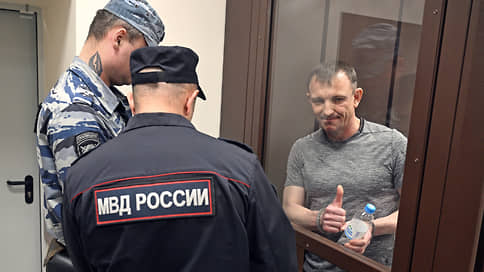
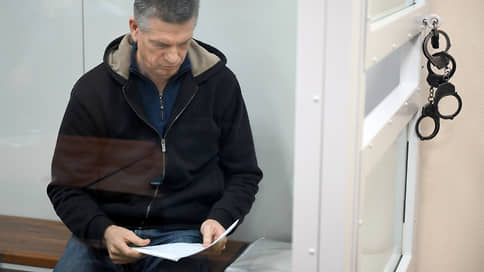
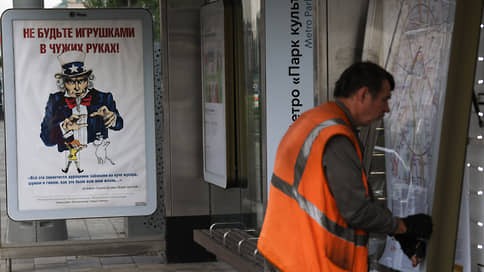
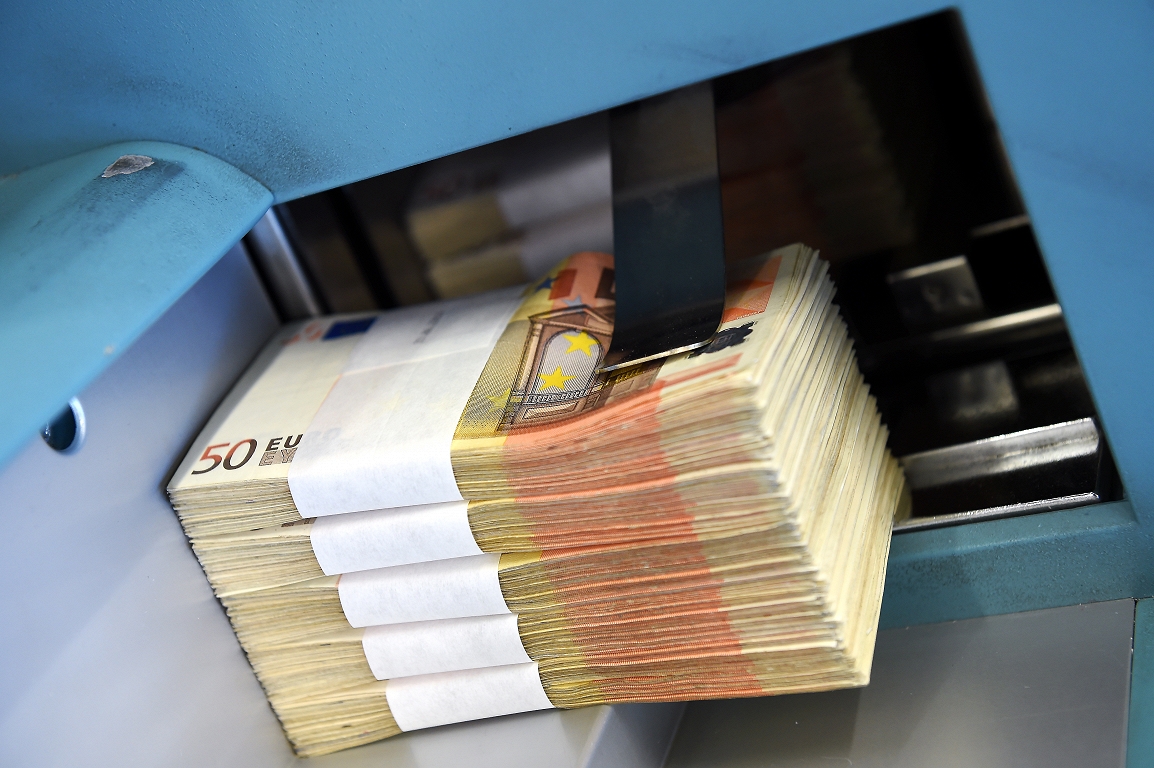


/s3/static.nrc.nl/wp-content/uploads/2025/05/06220224/web-0605BIN_Schoof_Wever.jpg)
